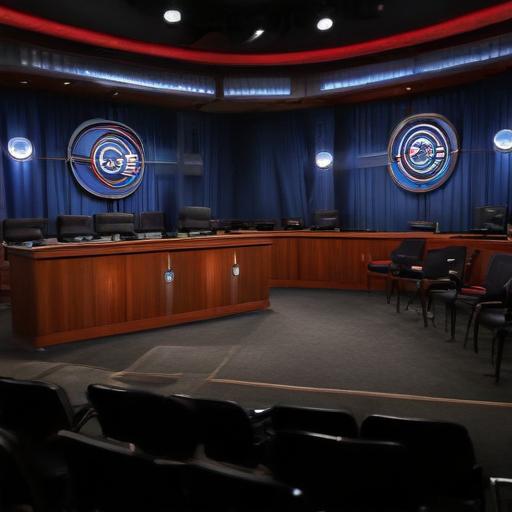CBS’s recent decision to cancel The Late Show with Stephen Colbert has sparked significant debate within the media community. This follows a period of speculation about the future of late-night television under changing economic conditions. Paramount Global TV Media Chairman George Cheeks addressed the situation during a press conference, emphasizing that the cancellation stemmed from financial challenges rather than any political commentary related to Colbert’s performances.
Cheeks noted, “The challenge in late night is that the advertising marketplace is in significant secular decline.” He affirmed the decision was rooted in the economics of the situation, not in response to Colbert’s critiques of Paramount’s business dealings. Additionally, the network’s decision to end the After Midnight franchise was influenced by host Taylor Tomlinson’s choice not to continue, further highlighting the network’s struggles in the late-night slot.
After Midnight, which took over after The Late Late Show with James Corden, only lasted two years under Tomlinson’s stewardship. In her farewell, Tomlinson expressed a desire to continue with the show and hoped CBS would find a suitable replacement for her. She acknowledged the supportive team behind the scenes, crediting them for her successful, albeit short, stint in late-night hosting.
With CBS transitioning from After Midnight to Comics Unleashed with Byron Allen, the changes reflect a broader trend in late-night programming where networks are reassessing their offerings amidst a challenging advertising landscape.
As the television industry evolves, it may pave the way for new formats and hosting styles, offering fresh opportunities for emerging talent. This shift could ultimately open the door for innovative programming that resonates with audiences in new and exciting ways.
